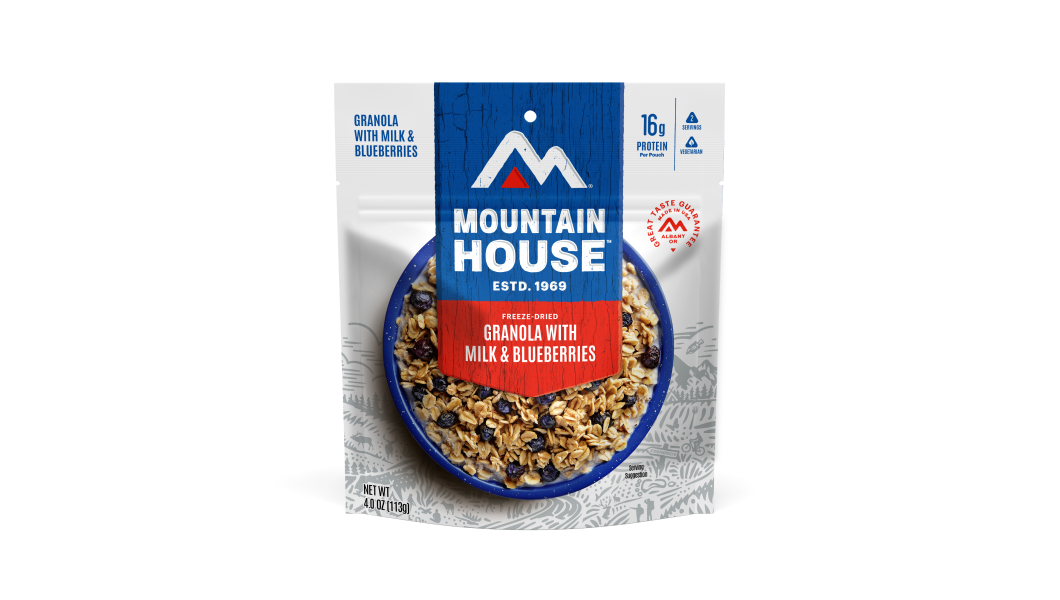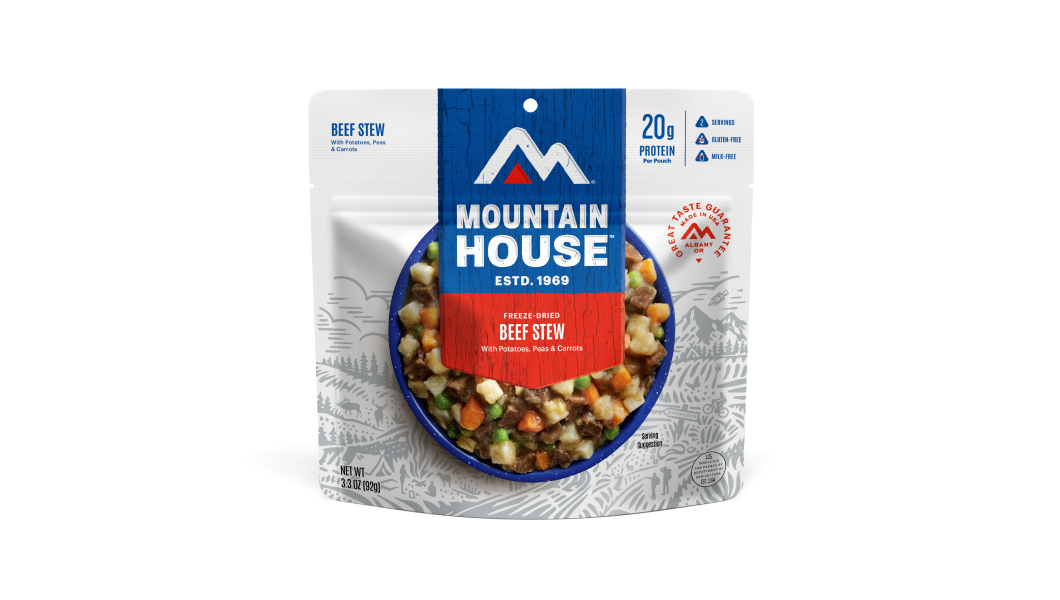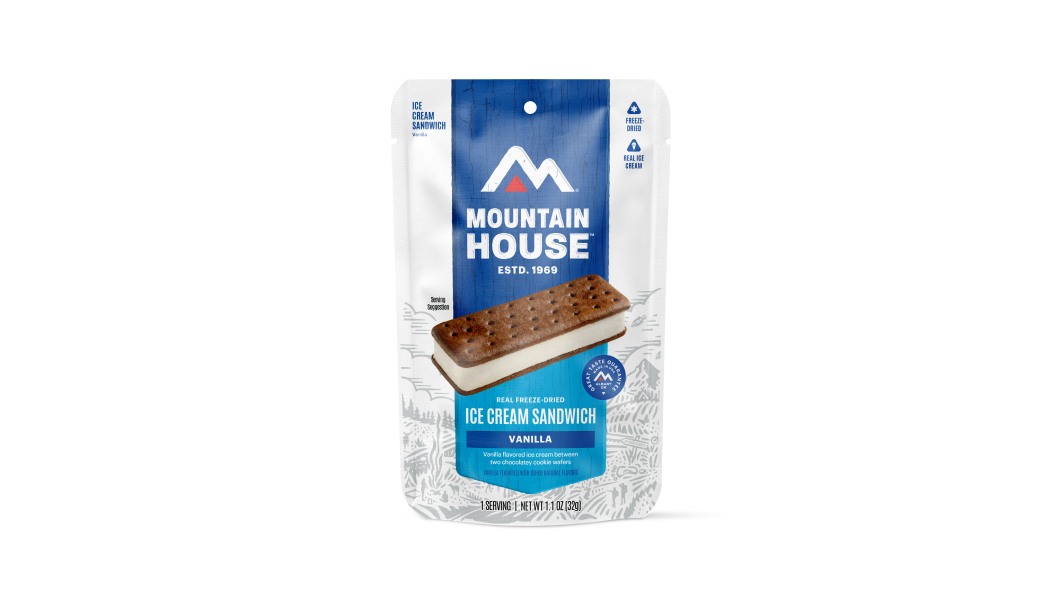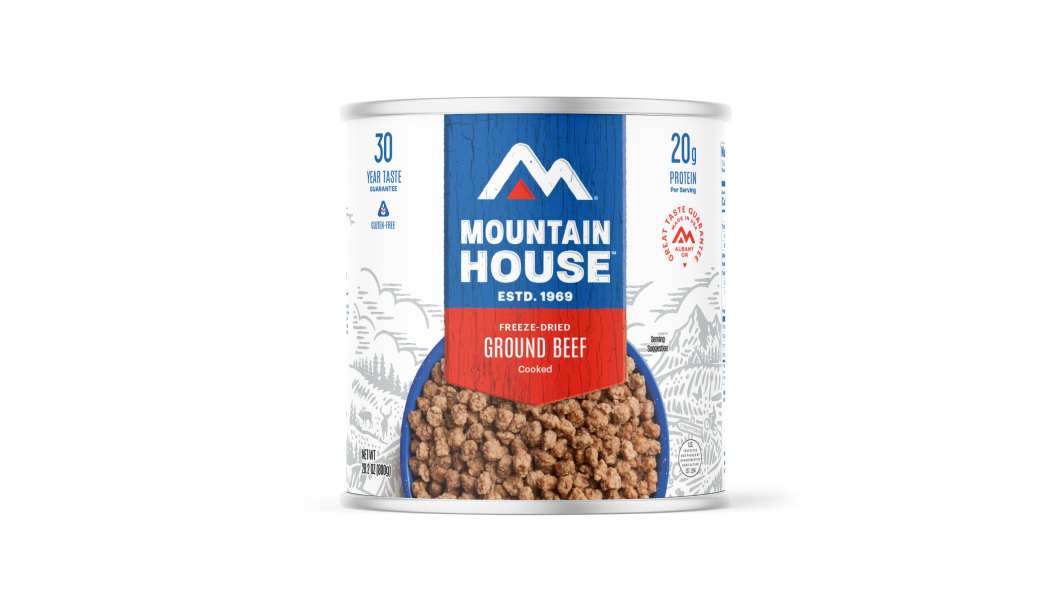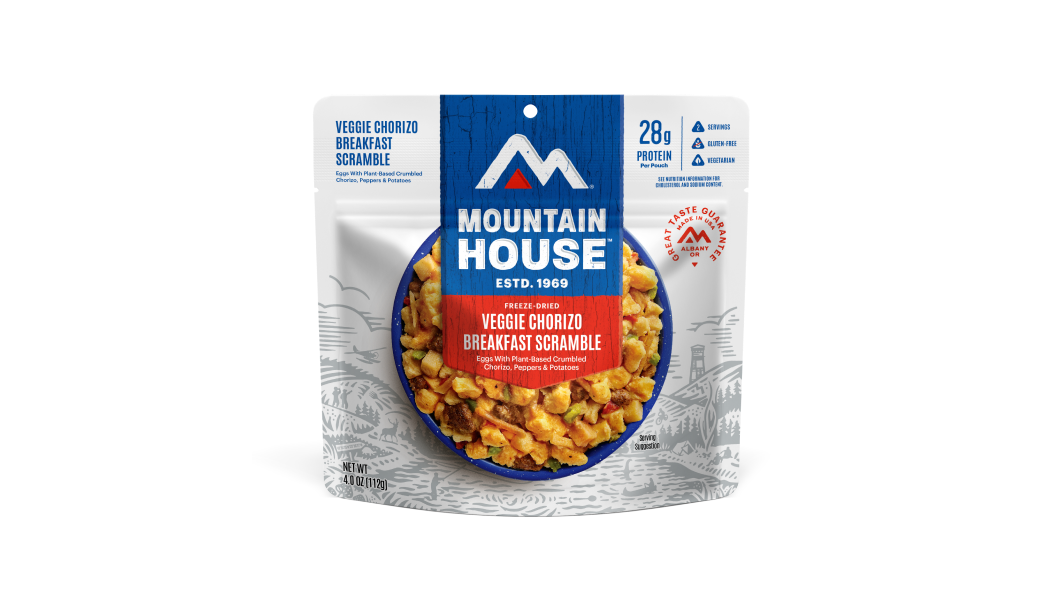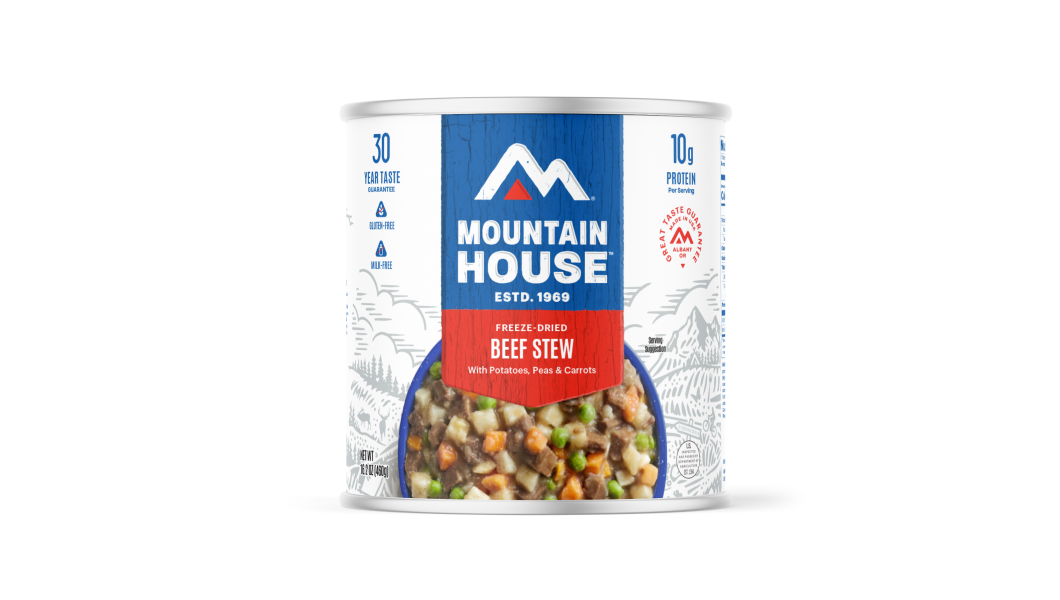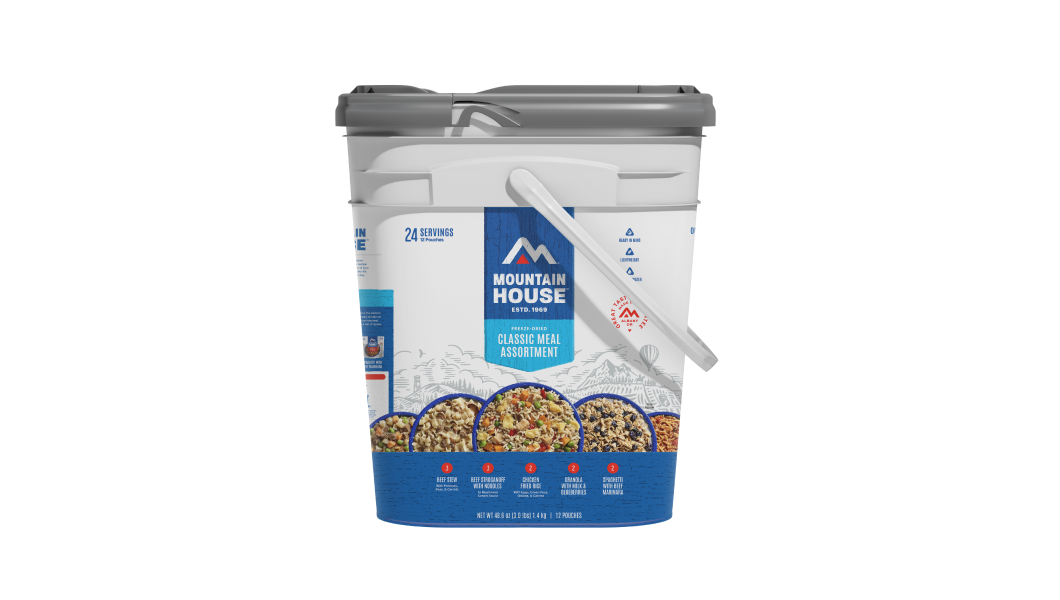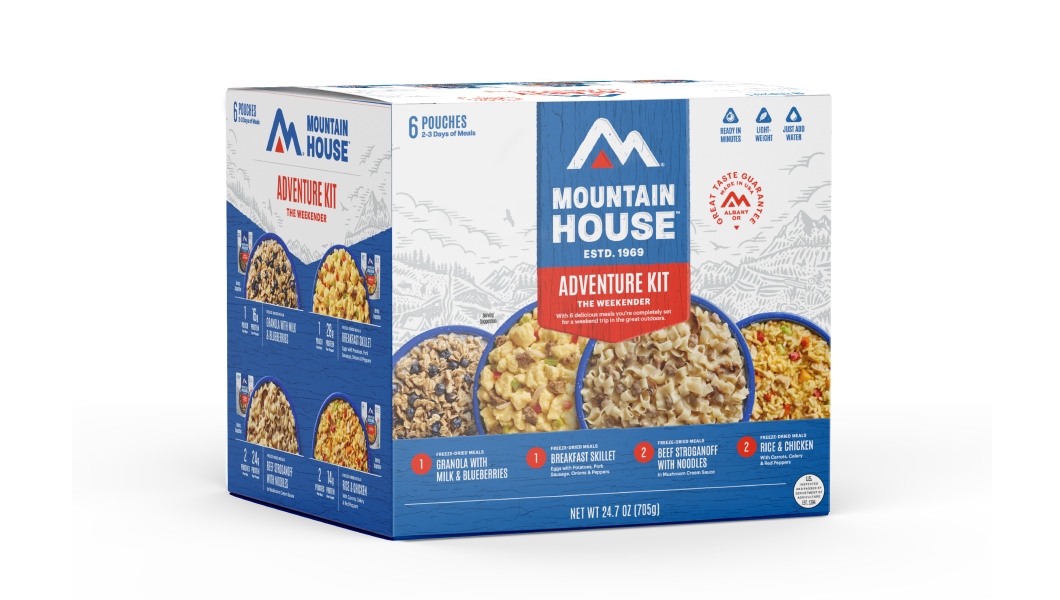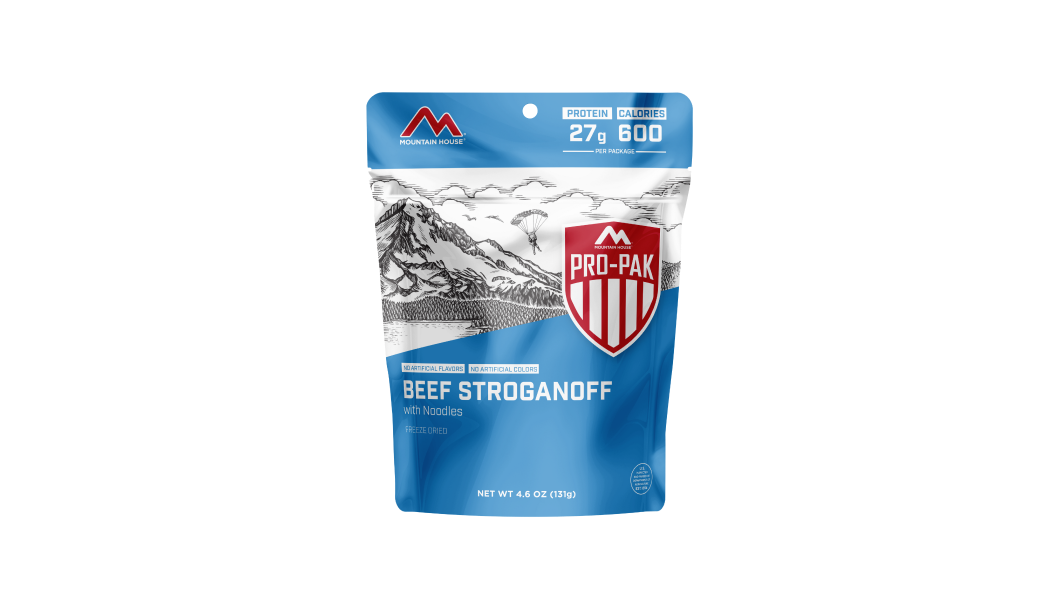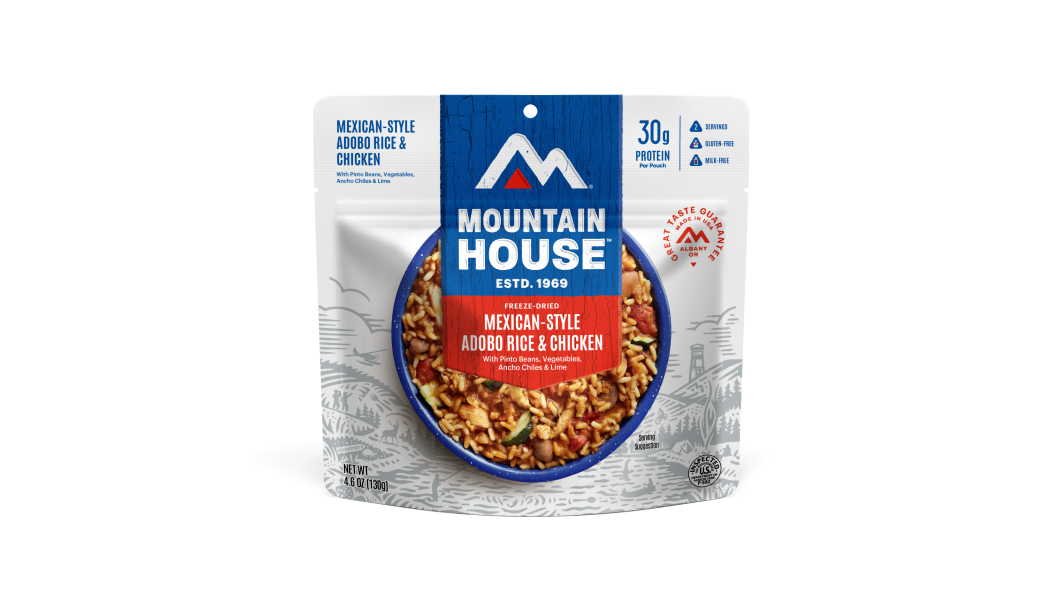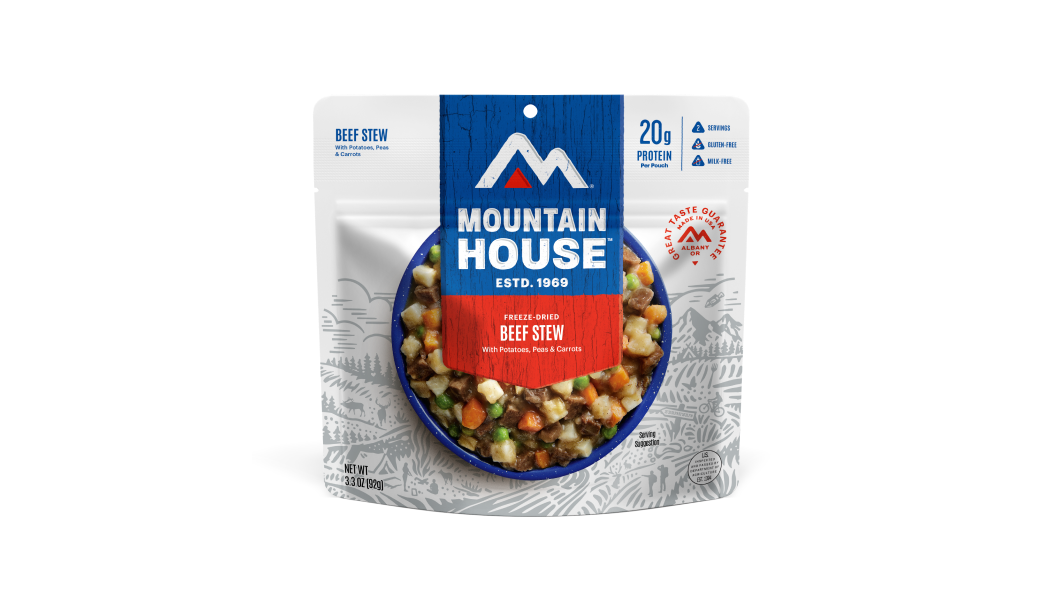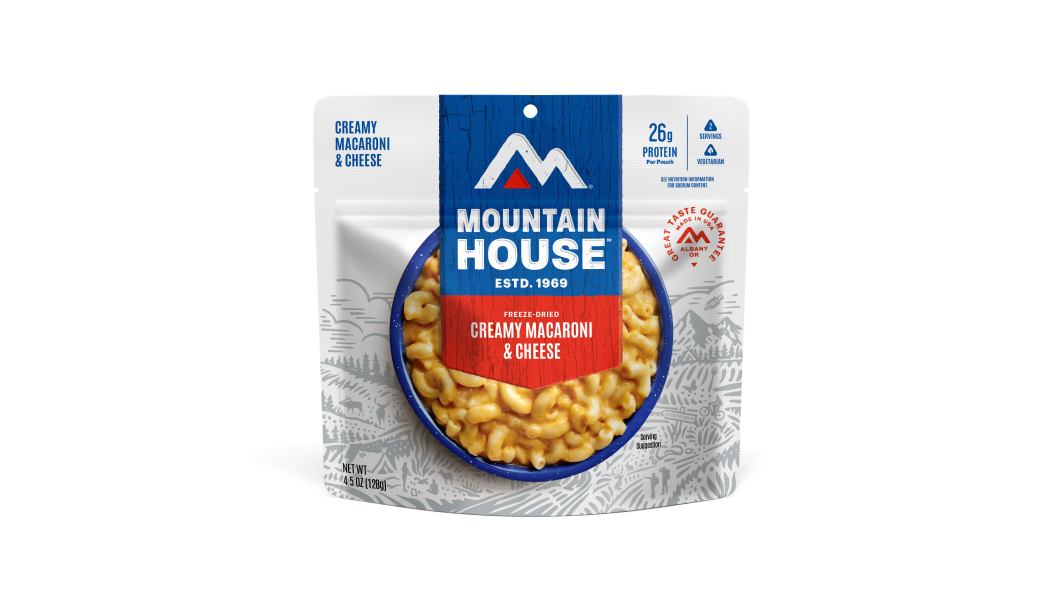Inspired for an Adventure? Check out Beef Stroganoff - Pouch and Beef Stew - Pouch
Free Ground Shipping On All Orders
Over 2,100 Reviews
Add description, images, menus and links to your mega menu
A column with no settings can be used as a spacer
Link to your collections, sales and even external links
Add up to five columns
Add description, images, menus and links to your mega menu
A column with no settings can be used as a spacer
Link to your collections, sales and even external links
Add up to five columns


Ah, doing the laundry: one of those humdrum but essential tasks that define our lives. Whether you consider it a mind-numbing chore or, like more than a few folks, eke some simple pleasure from the activity, it’s something we all have to deal with on a regular basis.
Some people understandably have their concerns about using commercial laundry detergents. There is, most obviously, a cost burden: A household with a lot of members in particular can really burn through the detergent, and it's not the cheapest household product.
And then there are the health and environmental concerns. Commercial detergents commonly contain harsh chemicals and toxins, such as phenols and synthetic surfactants. Adverse reactions can result from dermal contact with detergents—especially for those with sensitive skin or allergies—as well as potentially inhaling laundry powders.
Potential environmental effects of commercial laundry detergents include the algal blooms that may result in natural waterbodies from the phosphates included in many formulations.
In this article, we’ll talk about an alternative to buying commercial laundry detergent. Read on to learn how to make your own laundry detergent—and why you might consider doing so.
Why Choose Homemade Laundry Detergent
Making your own laundry detergent means you know everything that’s going into it—a peace of mind you don't always get from a commercial product, which may contain substances not listed on the label. You can select for less potent or more natural ingredients to produce a cleaning substance that’s less harmful to your skin and potentially to the environment.
And the cost savings can be a significant benefit to giving DIY detergent a try. Writing for the North Carolina State University Sustainability Office, Carla Davis notes that the cost per load of a commercial detergent is often in the vicinity of $0.20, compared with perhaps $0.06 per load for homemade products. (Obviously there are a lot of factors influencing a cost-per-load calculation at any point in time, but you get the overall picture.)

It’s important to note that there are many natural, eco-friendly, and greener laundry products on the market. For example, some use biodegradable and/or plant-based ingredients and avoid things such as synthetic fragrances and artificial dyes. So even on the store-bought front, you’ve got options for a more environmentally conscientious detergent that’s less likely to cause skin reactions and other problems. But you may still want to know how to make your own laundry detergent to save money and expand your self-sufficiency.
Ingredients Overview
You’ve got quite a few options for formulating your own all-natural or less toxic do-it-yourself laundry detergent. The ingredients commonly used include:
- Borax (a natural salt)
- Washing soda
- Baking soda
- Olive-oil-based castile soap
- and such bar soaps as Fels-Naptha, Dr. Bronner, or Zote.
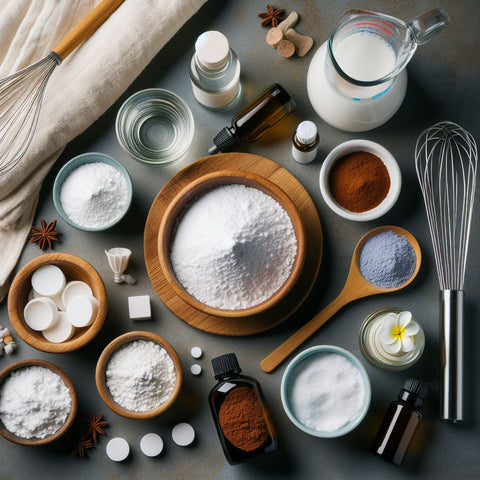
Many DIY detergent makers also opt to include various optional non-toxic additives, such as essential oils in place of synthetic fragrances, white vinegar to serve as a fabric softener, and OxiClean to deliver an extra oomph of cleaning power.
Tools & Equipment
Producing your own all-natural laundry detergent doesn’t require a lot of fancy or expensive equipment. Helpful tools include measuring cups and spoons and a cheese grater or a food processor for grating bar soap. You’ll also want an airtight container—a glass jar, for example, or a clean empty commercial detergent jug to store the product.
Consider keeping a dedicated set of detergent-making tools, such as measuring cups and graters, in your laundry room to prevent cross-contamination.
How to Make Your Own Liquid Laundry Detergent
We’re passing along here a few different recipes for DIY liquid laundry detergent. In the aforementioned North Carolina State University article, Carla Davis provides the following recipe:
- 1 cup of borax
- 1 cup of washing soda
- 1 4.5-oz. bar of castile soap
You grate the bar of castile soap with a cheese grater, then place the pieces into a food processor or blender to make them even finer, adding just a bit of washing soda to prevent the soap bits from gumming up the blades.
Next, pour in your borax and the rest of the washing soda and blend the mixture. If you’d like to add some fragrance, five drops of essential oil can then be added, and the detergent mixed again.
Davis recommends using a single tablespoon of this homemade detergent for a standard load of laundry and two tablespoons for an extra-large one.
Utah State University Cooperative Extension provides its own set of simple homemade detergent recipes, including the following liquid formulation:
- 2 cups of bar soap (such as Fels-Naptha or Zote)
- 2 cups of borax
- 2 cups of washing soda
- 1 quart of boiling water
- 2 gallons of water
Grate the bar of soap into fine pieces, and then add them to the boiling hot water. Stir on low heat until the soap pieces have dissolved. Then pour this water into a clean pail and add in the washing soda and the borax, stirring till dissolved. Finally, put in the two gallons of water and stir thoroughly.
The suggested ratio for this detergent is a quarter cup per laundry load.
How to Make Natural Laundry Detergent Powder
How about a DIY laundry powder? Utah State Cooperative Extension’s suggested powdered laundry detergent recipe is as follows:
- 2 cups of bar soap (Fels-Naptha, Zote, etc.)
- 1 cup of borax
- 1 cup of washing soda
Grate the bar soap and mix it with the other ingredients to create the powder, using two tablespoons per laundry load.
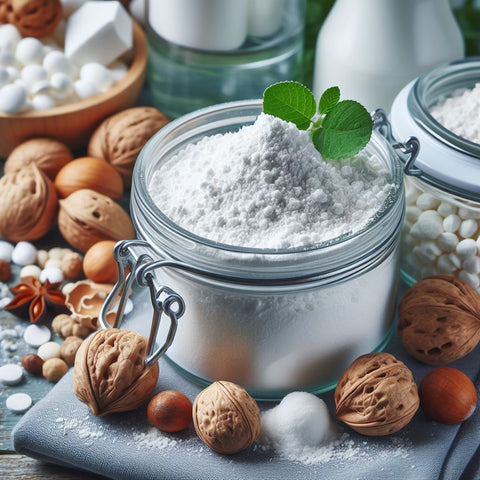
Over at the Boots & Hooves Homestead blog, you’ll find another ultra-easy and no-fuss recipe for all-natural laundry detergent powder that simply mixes together washing soda, baking soda (aluminum-free), Epsom salt, and sea salt, with the optional input of essential oils for fragrance and texture.
Tips & Troubleshooting
Homemade liquid detergents are often a bit on the gloppy or gel-like side of things when in storage. Stir the substance thoroughly before using it to avoid clumping.
These DIY detergents also tend not to produce much in the way of suds, but rest assured they’re doing their cleaning work nonetheless.
Remember to clean your washing machine regularly, whatever kind of detergent you’re using. Vinegar makes a handy natural cleaning agent.
Using in High-Efficiency (HE) Washing Machines
High-efficiency (HE) washing machines are front-loading units that effectively clean laundry while using significantly less water than traditional models—around 80 percent less.
These HE washers should only be used with low-sudsing laundry detergents. At the store, you look for detergents labeled “HE.” But your typical homemade laundry detergent should work fine with an HE machine, given (as we’ve mentioned) that it tends to naturally generate a low amount of suds.
Homemade Detergent—and Mountain House!—for Disaster Preparedness
Besides the financial savings and health/environmental benefits that can potentially come from using DIY laundry detergent, it's another way to become more self-sufficient. Even if you continue to rely on store-bought commercial laundry products on a day-to-day basis, you might want to try your hand at making your own detergent to add to your disaster-preparedness skillset.
And speaking of preparedness, make sure you’ve got a stockpile of Mountain House emergency freeze-dried food for your disaster kits!

How to Prepare for a Power Outage in Winter: Safety Tips
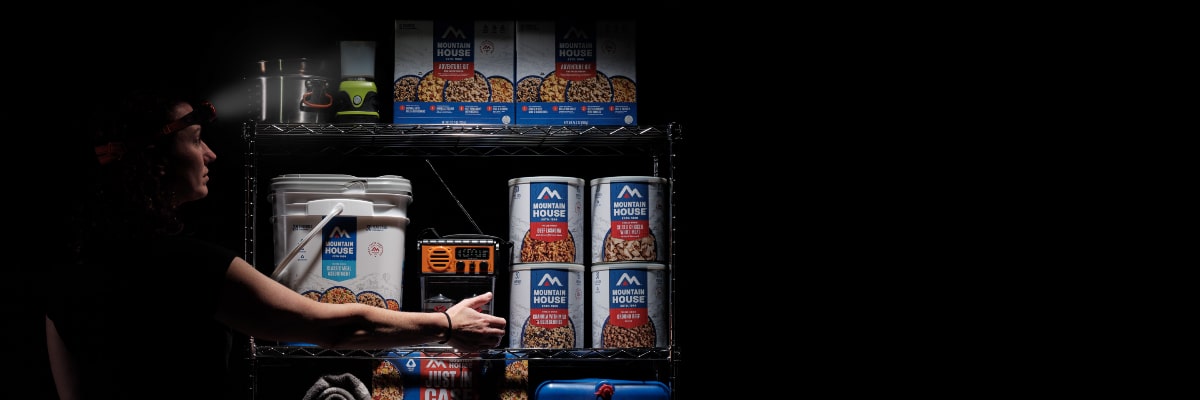
How to Rotate Emergency Food: FIFO and Other Rotation Methods

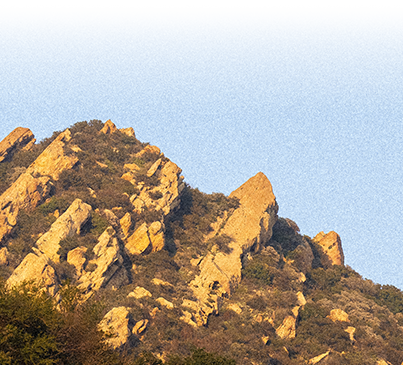
Stay Hungry for Adventure
Sign Up for Delicious Outdoor Meals & Exclusive Offers!
By clicking ‘Join Now’, I agree to the Terms of Service and Privacy Policy.


Join the adventure
©2026 Mountain House — All Rights Reserved.
Your Cart is Empty
Continue ShoppingYour Cart
Subtotal
$0.00
EXPRESS PAYMENT METHODS AVAILABLE IN CHECKOUT
Taxes and Shipping Calculated at Checkout
Your ExpertVoice deal.
$[Deal Price]
$[Original Price]
Discount applied at checkout.
On sale now — lower than your ExpertVoice discount.
Not eligible for ExpertVoice discount.
